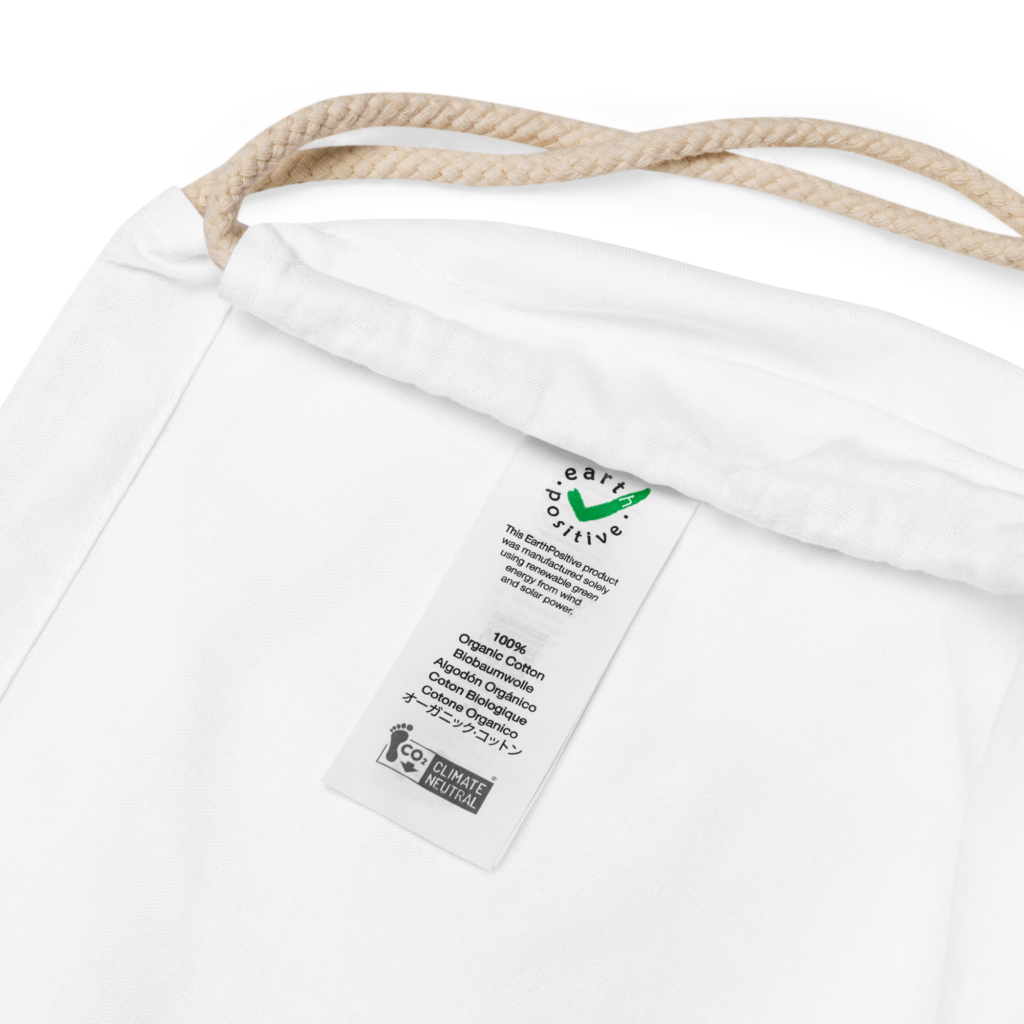Free Shipping Over $95

Sustainable criteria for ethical online apparel shopping
Online apparel shopping has become increasingly popular, offering convenience and a wide range of options. However, as sustainability becomes a priority in our purchasing decisions, it’s important to apply ethical criteria when buying clothes online. By considering sustainability factors, you can make conscious choices that support a more eco-friendly and ethical fashion industry. In this article, we will explore the key sustainability criteria to consider when making online clothing purchases.
Sustainable Materials

One of the foremost criteria for sustainable online clothing purchases is the choice of materials. Look for brands that use sustainable fabrics such as organic cotton, linen, hemp, or recycled materials. These fabrics have a lower environmental impact compared to conventional materials and often involve fewer chemicals, less water consumption, and reduced carbon emissions. By opting for sustainable materials, you contribute to the reduction of harmful practices in the fashion industry.
Ethical Production
Consider the production practices employed by the brands you are purchasing from. Look for certifications or transparency regarding fair labor practices, safe working conditions, and fair wages. Brands that prioritize ethical production often have certifications like Fair Trade, WRAP (Worldwide Responsible Accredited Production), or B Corp. These certifications ensure that workers are treated fairly and that the production process meets specific social and environmental standards.

Supply Chain Transparency

Transparency in the supply chain is crucial for making ethical online clothing purchases. Look for brands that provide information about their suppliers and manufacturing processes. Brands that are transparent about their supply chain demonstrate a commitment to accountability and responsible sourcing. This transparency allows you to verify whether the brand aligns with your values and ensures that the products you purchase are ethically produced.
Minimal Packaging

Consider the packaging used by the brand when buying clothes online. Look for brands that prioritize minimal and sustainable packaging. Excessive packaging, especially in the form of single-use plastics, contributes to waste and pollution. Opt for brands that use recycled or recyclable packaging materials and minimal packaging overall. Additionally, some brands offer plastic-free or biodegradable packaging alternatives, which further reduces environmental impact.
Extended Product Lifespan
A key aspect of sustainable fashion is ensuring that the clothes you buy have a long lifespan. Look for high-quality garments that are durable and made to last. Pay attention to the craftsmanship and stitching of the clothes, as well as the overall quality of the materials used. By choosing clothes that are designed to withstand wear and tear, you can minimize the need for frequent replacements and contribute to reducing textile waste.

Size Inclusivity

Sustainability also extends to size inclusivity. Look for brands that offer a wide range of sizes, ensuring that everyone can find clothing that fits them comfortably and confidently. By supporting brands that prioritize size inclusivity, you contribute to a more inclusive and sustainable fashion industry that values diversity and promotes body positivity.
Consider Secondhand and Rental Options
Another sustainable criterion for online clothing purchases is considering secondhand or rental options. Explore online platforms that specialize in pre-owned or rental clothing. Purchasing secondhand clothes not only reduces waste but also extends the lifespan of garments. Renting clothes allows you to enjoy new styles without the need for permanent ownership, reducing the demand for new production. Embracing these alternatives can significantly reduce your fashion footprint.

Research and Reviews

Before making a purchase, research the brand’s sustainability initiatives and read reviews from other customers. Look for brands that have a strong commitment to sustainability and positive feedback regarding their ethics and quality. Online communities and forums can provide valuable insights into a brand’s reputation and sustainability practices. By doing your research, you can make informed decisions and support brands that align with your sustainable values.

